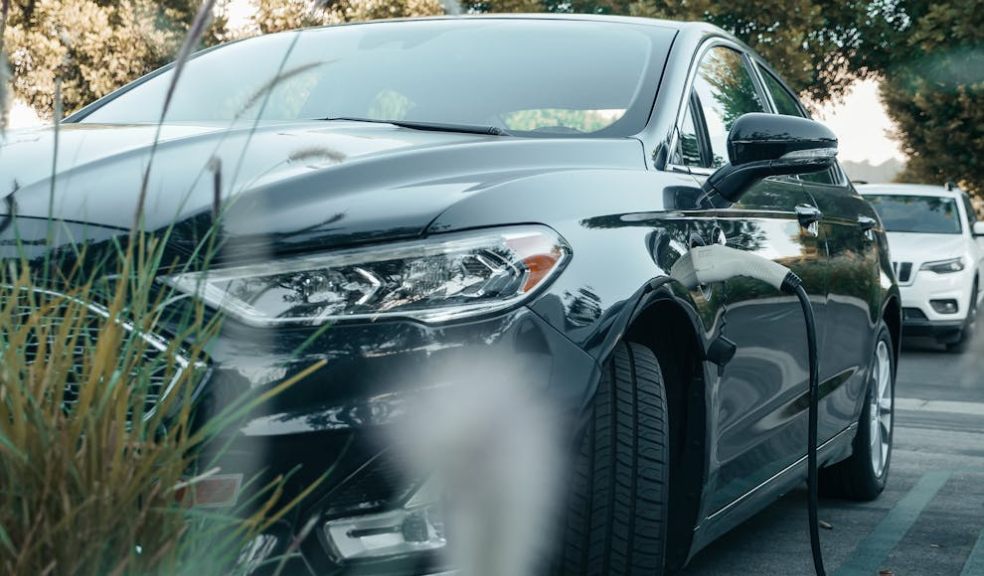
Evolution of Turbocharger Technology in Response to Hybrid and Electric Vehicles
The automotive industry has experienced significant transformations with the rise of hybrid and electric vehicles (EVs). These changes have prompted developments in various auxiliary technologies, notably turbochargers. Traditionally used to boost the power output of internal combustion engines (ICEs) by recycling exhaust gases to increase air intake, turbochargers are evolving to meet the new demands of hybrid and electric powertrains as well.
Adaptation to Hybrid Vehicles
Hybrid vehicles combine traditional ICEs with electric motors, which alters the dynamics of engine operation and exhaust flow. To optimise the efficiency and performance of hybrid systems, turbocharger manufacturers have introduced several innovations:
Electric Turbochargers
These units integrate an electric motor that can either assist or independently drive the turbocharger, reducing turbo lag and enhancing low-speed torque. This is particularly beneficial in hybrid vehicles, where the ICE might not always run at the optimal speed for turbocharging to take effect.
Variable Geometry Turbochargers (VGTs)
A VGT allows a turbocharger within a hybrid system to operate across varying engine loads and seeds by dynamically adjusting the flow of exhaust gasses. This type of flexibility is crucial for hybrid vehicles where the engine’s output can be variable, especially when driving in cities.
Enhanced Materials and Design
To cope with the different operational profiles of hybrid vehicles, turbochargers are now made with advanced materials that withstand higher temperatures and wear. These design modifications also help to manage the broader range of exhaust conditions that are experienced by the hybrid powertrain landscape.
Are Turbochargers Relevant to Electric Vehicles?
Electric vehicles operate on entirely different principles. They use electric motors powered by batteries, removing the need for traditional combustion processes. While turbochargers themselves are not used in EVs, the principles of boosting performance and efficiency continue to be relevant. For example, electric motors can be optimised for better performance through advanced software and power management systems. The automotive industry is always evolving, and there may be future innovations that draw inspiration from turbocharging technology to improve electric vehicles.
Future Prospects and Challenges for the Turbocharger Industry
There are likely to be ICEs running for the foreseeable future and these will need replacement turbochargers from leading suppliers like Essex Turbos.
The future of turbocharger technology in the context of hybrid and EVs is likely to focus on further integration and smart control systems. Advanced sensor technology and machine learning could enable turbochargers to adapt their operation in real time, optimising performance and efficiency seamlessly across different driving conditions.
Moreover, as emission regulations become stricter and the automotive market shifts further towards electric and hybrid vehicles, the pressure will increase to develop even more sophisticated turbocharging solutions that can provide environmental benefits without compromising performance.
Conclusion
Turbocharger technology has shown remarkable adaptability in response to the automotive industry's pivot towards hybrid and electric vehicles. As the sector continues to innovate, the role of turbochargers is not diminishing but rather transforming to align with new technological and environmental standards. Innovations such as electric turbochargers, enhanced variable geometry systems, and the use of advanced materials demonstrate this adaptability, facilitating significant improvements in the performance and efficiency of hybrid vehicles.
Moreover, these technological advances also contribute to the broader automotive trends toward electrification and sustainability. While electric vehicles (EVs) themselves do not employ turbochargers, the developments in turbocharger technology spurred by hybrid applications are influencing broader engineering advancements, such as highly efficient electric motor designs that benefit EVs.
As we look to the future, turbocharger technology will likely continue to evolve, integrating with advanced control systems and artificial intelligence to optimise vehicle performance dynamically and efficiently in real time. This ongoing evolution will be crucial in meeting stringent global emissions regulations and consumer demands for higher-performance, environmentally friendly vehicles.
In conclusion, turbocharger technology remains a vital and dynamic aspect of automotive engineering. It is an exciting area of ongoing research and development, promising to deliver significant contributions to the sustainability and efficiency of future vehicle modifications. The continued refinement and innovation in turbocharger technology will play a pivotal role in shaping the next generation of hybrid and electric vehicles, making it a key focus for industry stakeholders committed to advancing vehicle technology in an environmentally conscious era.














